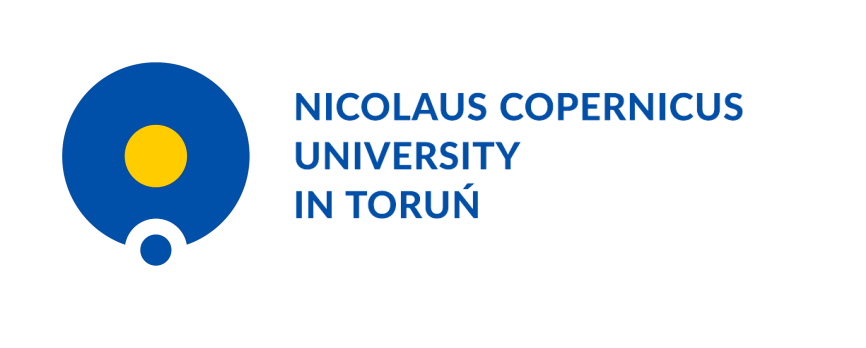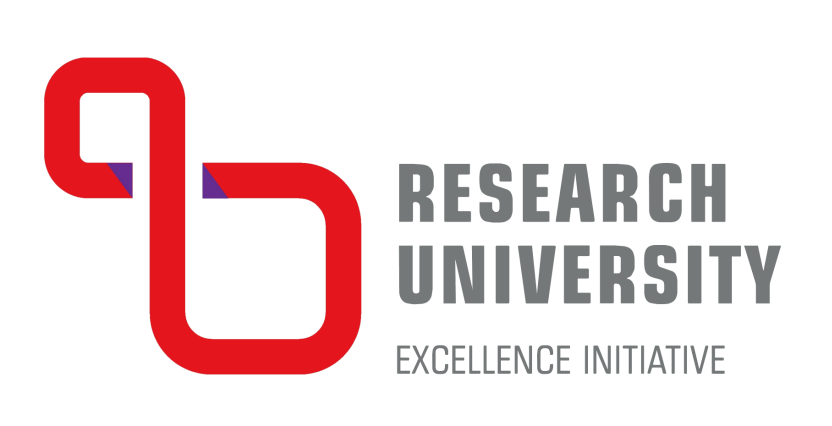Adam Szumski: Doctor, please tell us what the Torun Summer Programs program is about?
Dr Justyna Kozlowska: The purpose of the Excellence Initiative – Torun Students Summer Programs – TSSP (ID – TSSP) competition is to enable scientific cooperation between foreign students and UMK staff at Torun. The cooperation consists of a four-week scientific internship by foreign students at UMK. The internship takes place in the summer.
Within the framework of the program, we submitted projects on the topic of the internship, from which students could choose the field of their interest. My topic is quite popular – I mainly deal with the chemistry of cosmetics, so the willingness to participate in the program is mostly submitted by students interested in creating and studying cosmetic preparations. A special area of my scientific interest is encapsulation. This is a well-known technique that has been used for many years. The inventors of encapsulation are the French apothecaries Mothes and Dublane, who obtained soft capsules in 1833, consisting of a gelatin shell and a filling enclosed within it. This filling was a drug with an extremely unpleasant taste. The main purpose of encapsulation in those days was precisely to mask the unpleasant taste or odor of medicinal ingredients, mostly of natural origin. Anyone who has ever consumed unencapsulated cod liver oil knows what I’m talking about. Nowadays, methods are known for obtaining very tiny capsules with sizes on the micro- and nanometer scale, which has made possible their multidirectional application, not only in pharmacy. The advantages of encapsulation, in addition to the aforementioned masking of the taste and odor of substances, are the protection of sensitive raw materials from the harmful effects of external factors, increasing the shelf life of preparations, the possibility of transporting perishable active substances (such as proteins) and their controlled release at the appropriate time (i.e. prolonging the action) or place. The technique is also used in the formulation of innovative cosmetic products.
AS: And what was the goal of the project?
JK: The goal of the project I submitted was to develop formulations for an herbal cream and hydrogel, where the selected plant extract was encapsulated in polymeric microcapsules.
A student from the University of Rovira i Virgili of Tarragona, Spain, Natalia Rodriguez Villegas, applied for the internship. The internship ran through June/July 2021. I was assisted in working with the intern by my PhD student, for which I thank her very much. The girls became very fond of each other and still keep in touch today. While browsing the market for herbal cosmetics, we noticed that the cosmetic industry is looking for new, exotic species of plants, and is increasingly forgetting our Polish herbs. And it is these forgotten, but long-used in medicine that we focused on. In our research we used various plant raw materials from which we obtained extracts. We encapsulated them in capsules, after which we obtained a cream and hydrogel. An important step in our research work was to optimize the efficiency of the encapsulation process and the size of the obtained microcapsules. We evaluated the antioxidant properties of the extracts, and then studied the effect of topical application of the prepared cosmetics on the condition of the skin using specialized equipment. We checked how the obtained cosmetics affect the hydration, lubrication or barrier properties of the skin. We managed to obtain full-fledged, effective cosmetics, positively affecting the condition of the skin.
AS: What were the benefits of the project completed together?
JK: The Summer Internship Program enabled us to carry out a project together, thanks to which we obtained interesting results that have already been presented at many scientific conferences. In
addition, we are working on a scientific publication, also the cooperation was very fruitful, and we still have contact with Natalia. I have a signal from her that if she can she will also apply to come to us again this year. It was a very successful cooperation also due to the exchange of experiences and a different perspective on the project.
AS: What do you think are the benefits of foreign students taking advantage of the Summer Programs at our university?
JK: I think, first of all, gaining new experience in the laboratory, Natalia learned new things, encapsulation techniques were unknown to her, as were the methods of obtaining cosmetics and testing them. After her visit to us, she is already able to produce creams and hydrogels, as well as test their effectiveness. She enjoyed every success, even the smallest one. A 15-minute presentation of the internship results given in front of a wider audience of Chemistry Department staff was also a valuable and new experience for her.
AS: But a man does not live by the laboratory alone….
JK: Oh yes. In their free time, in addition to lectures by UMK staff, there were various events planned for the trainees like excursions in and around Toruń. It was not only scientifically intensive, but also integrative. At the campfire we organized, Natalia grabbed a guitar and showed off her musical talent. Besides, in her free time she visited Gdansk and Krakow. Natalia is a very cheerful, smiling, energetic and hard-working girl, and her wide smile had a very good effect on everyone. It was a great pleasure to host her in the laboratory, and I hope she will also appear this year.
AS: Will you be competing in future competitions, and how would you encourage other university employees to compete in IDUB initiatives?
JK: Yes, a project has been submitted and qualified for implementation during TSSP NatSci 2022. The implementation of a research project by a foreign student is an opportunity for us to establish international cooperation and promote research carried out at our university. In turn, openness to foreign interns and involvement in internship programs offered by IDUB create great development opportunities for incoming students. A foreign internship can become a passport to their future careers, so why not help them with that?
AS: Thank you for the interview!


 ul. Gagarina 7, 87-100 Toruń
ul. Gagarina 7, 87-100 Toruń